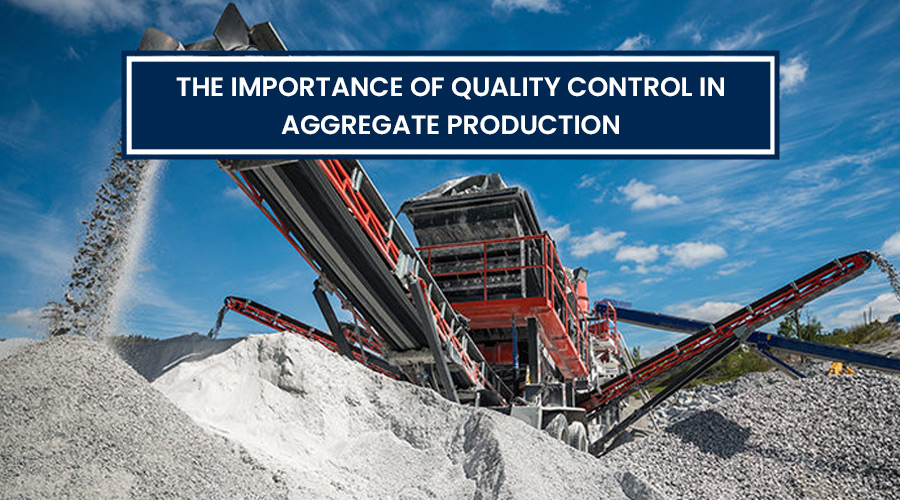Introduction
Aggregate production plays a crucial role in various industries such as construction, infrastructure development, and road building. As the foundation of these sectors, aggregates must meet strict quality standards to ensure the durability and safety of the structures they support. This is where quality control in aggregate production becomes essential. In this blog post, we will delve into the significance of quality control in aggregate production and highlight its benefits.
Consistency in Material Properties
One of the primary objectives of quality control in aggregate production is to ensure consistency in material properties. Aggregates are composed of different materials, including crushed stone, sand, gravel, and recycled concrete. Each component must adhere to specific quality standards to maintain the desired characteristics, such as particle size distribution, strength, and durability. By implementing robust quality control measures, producers can maintain uniformity in their aggregate products, leading to a reliable and predictable performance in construction projects.
Compliance with Industry Standards and Specifications
The construction industry relies on established standards and specifications for the use of aggregates in various applications. Quality control processes help aggregate producers meet these industry standards, ensuring that their products are suitable for the intended purposes. Compliance with specifications related to grading, particle shape, abrasion resistance, and other parameters is crucial to guarantee the quality and functionality of the final construction products.
Enhanced Structural Integrity
Quality control in aggregate production directly influences the structural integrity and longevity of infrastructure projects. Well-graded and properly sized aggregates with consistent material properties provide the necessary strength and stability to concrete and asphalt mixes. By adhering to quality control protocols, producers can prevent the inclusion of deleterious materials or contaminants that may compromise the structural performance of the finished construction projects. This leads to enhanced safety and reduced maintenance costs over the lifespan of the infrastructure.
Cost Savings
Implementing stringent quality control measures in aggregate production can result in long-term cost savings. By producing aggregates that consistently meet specifications, producers can minimize the risk of project delays, rework, and repairs. Additionally, utilizing high-quality aggregates reduces the need for excessive cement or asphalt binder, optimizing material usage and reducing overall project costs. Furthermore, consistent quality control helps avoid potential legal liabilities or disputes arising from substandard materials, saving both time and financial resources.
Customer Satisfaction
Quality control in aggregate production is closely linked to customer satisfaction. Clients in the construction industry expect reliable and high-performing materials for their projects. By consistently delivering aggregates that meet or exceed quality standards, producers build trust and establish long-term relationships with their customers. Satisfied clients are more likely to engage in repeat business and recommend the producer to others, fostering a positive reputation and boosting market competitiveness.
Conclusion
Quality control is of utmost importance in aggregate production to ensure that the materials used in construction projects meet the required standards. By implementing robust quality control processes, producers can achieve consistency in material properties, comply with industry specifications, enhance structural integrity, reduce costs, and ultimately satisfy their customers. Striving for excellence in aggregate production not only benefits the producer but also contributes to the safety, durability, and success of the infrastructure projects that rely on these essential materials.

